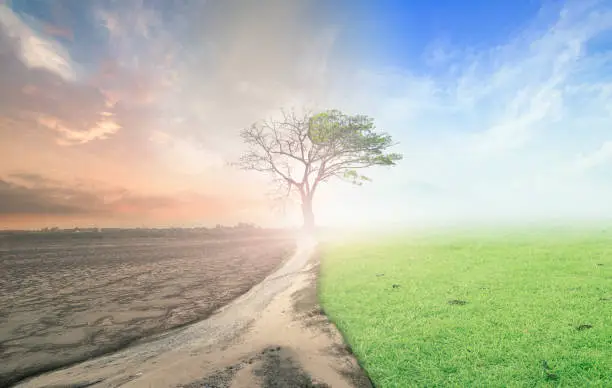Understanding Your Biological Age vs. Chronological Age
Published on July 8, 2025

When we talk about age, we usually refer to our "chronological age"—the number of years, months, and days that have passed since our date of birth. It's a simple, universal measure. However, have you ever met someone who seems much younger or older than their years? This is where the fascinating concept of "biological age" comes into play.
What is Chronological Age?
Chronological age is the literal amount of time you have been alive. It's what you celebrate on your birthday and what you write on official documents. Our calculator is expertly designed to give you this exact number, down to the day.
What is Biological Age?
Biological age, on the other hand, is a measure of how old your body *seems* based on various health markers, known as biomarkers. It reflects the overall health of your cells and tissues. Two people can have the same chronological age but vastly different biological ages depending on their lifestyle, genetics, and environment.

Key Factors That Influence Biological Age:
- Genetics: Your DNA plays a role in how you age, but it's not the only factor.
- Lifestyle: This is where you have the most control. Diet, exercise, sleep quality, and stress management are huge contributors.
- Environment: Factors like exposure to pollution and sunlight can also impact the aging process at a cellular level.
"Chronological age is a number, but biological age tells a story about your health and habits."
Why Does It Matter?
Understanding your biological age can be a powerful motivator for making healthier choices. While you can't change your chronological age, you can take steps to lower your biological age, potentially reducing your risk for age-related diseases and improving your overall quality of life. It's a reminder that while time moves forward for everyone, how we experience that time is uniquely our own.